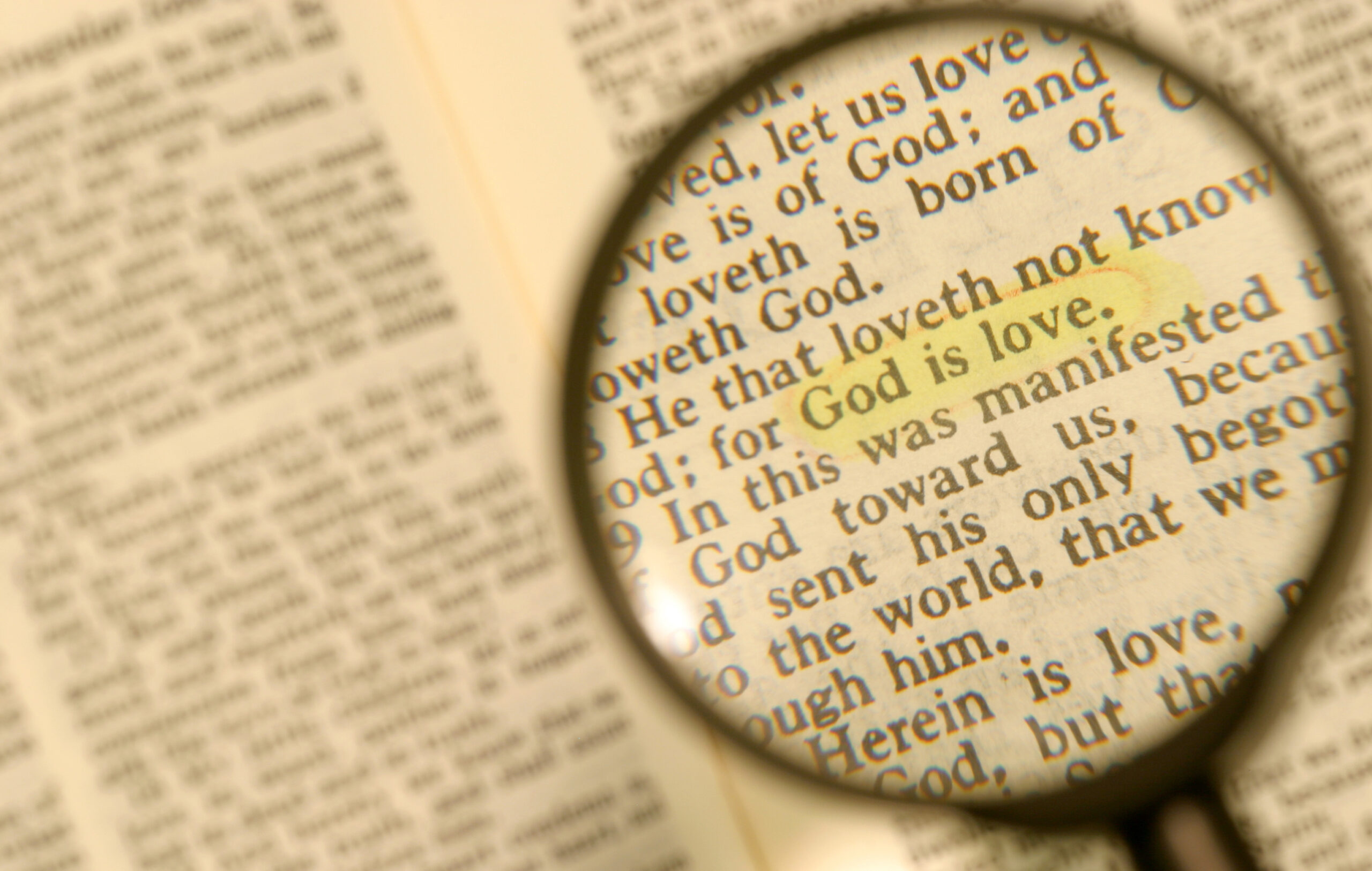The Lutheran Church–Missouri Synod (LCMS) is strong on doctrinal topics but weak on the books of the Bible. After teaching at Concordia Seminary, St. Louis for 35 years I’ve come to that conclusion. In the Synod those trained theologically can typically articulate our orthodox doctrinal position and can work with Lutheran concepts. They can explain, for example, the differences between deus revelatus and deus absconditus. But they can’t tell you the first thing about Haggai or Chronicles or 1 John. The situation is not a case of false doctrine. It’s just weird.
The theological debates that take place in Synod typically deal with Luther and Luther’s theological position. We debate Luther. “What was Luther’s position on the ministry? Did he have a high view or a low view or in-between? Did the later Luther change his position? Did Luther teach the third use of the law? Well, the expression ‘third use of the law’ never appears in Luther’s works. Yeah, but what about the concept? Yeah, but you have to distinguish between the early Luther and the later Luther. What was Luther’s view on the liturgy? Did he advocate high liturgy or low liturgy? What were his liturgical practices? Yeah, but what about the later Luther?” After a while I want to respond: “What does the Bible teach? You know, the Bible, that book collecting dust on the bookshelf.” By listening to our debates one would get the impression that we are a Society for Luther Studies.
I have taught the books of the Bible to laypeople for decades, and I can speak from personal experience. Our laypeople typically do not know the books of the Bible. I remember once when I taught a series on the Minor Prophets. A solid Missouri Synod Lutheran layman, about 85 years old, sat in the front row every week. At the end of the series he told me that his pastors had faithfully taught him Lutheran doctrine many times over, but no pastor had ever taught him the Minor Prophets. I wondered to myself, “How can this be, a solid, life-long Lutheran was never taught all the books of the Bible?”
Occasionally I visit other churches to hear a variety of pastors preach. Sometimes I am thrilled to hear a solid, textual sermon. But I am surprised how often I hear topical sermons without a specific text in a specific book of the Bible. The sermons are doctrinally sound. I am not hearing LCMS preachers preach false doctrine. But often there is no functioning biblical text from a biblical book in the pulpit.
It seems to me that in the Missouri Synod the 66 books of the Bible take a backseat. Yet, we need to remind ourselves of the obvious. First and foremost, the Bible is a collection of books, not a collection of favorite verses or doctrinal topics but a library of books. And each book needs to be treated as a book, read in a holistic way by attending to how it flows from the opening verse to the closing verse. That is simply respecting the shape of the inspired Scriptures themselves. The Sacred Scriptures come to us in the form of books.
If Martin Luther were here today, my hunch is that he would agree. After all, he wanted the people to read, mark, learn, and inwardly digest the Scriptures themselves and not only learn summary statements of what the entire Bible teaches. That is why he translated the Scriptures into the language of the people. That is why he preached and lectured through books of the Bible.
The books of the Bible are primary literature, while summaries of their doctrinal teaching are secondary literature. Yes, people have to be taught what all of Scripture teaches, the articles of Faith, the corpus doctrinae, the one, holy, catholic and apostolic Faith. The Confessors of the Augsburg Confession realized that. But that desideratum should not overshadow or eclipse the biblical books themselves. The written Word of God comes in the shape of books, and we should honor and love that shape and teach the Word according to that shape.
Have no fear. The exegetes are coming to the rescue! Pardon me for a shameless commercial. The Concordia Commentary series has been putting out excellent Bible commentaries for over 20 years now. We are grateful to Jeff Gibbs for his third volume on Matthew just out. Twenty nine biblical books have been covered already plus parts of four others (see them all at cph.org). It is a great series for every seminarian, pastor and congregational library to own.
Our motto of sola scriptura sets up the expectation that our churches and ministers actually theologize that way, that in these churches the pastor is all about the Ministry of the Word, not “social justice” or “inclusivity” or feel-good psychology, but the Ministry of the Word (Acts 6). That requires devotion to both the orthodox corpus doctrinae and the books of the Bible.


Leave a Reply
You must be logged in to post a comment.